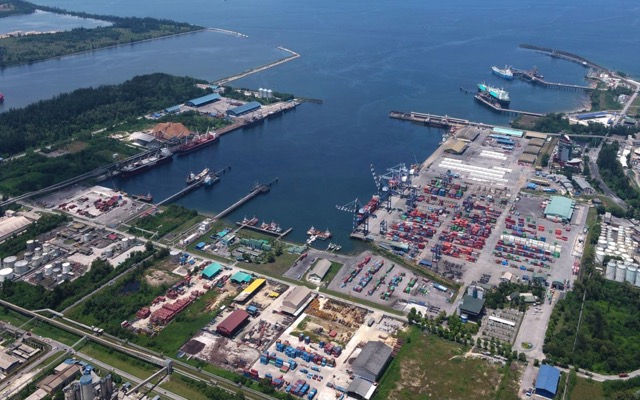Latrobe Magnesium (ASX: LMG) has appointed Peter Church to its board as a non-executive director, and he will also assume the position and independent chair of its wholly-owned subsidiary Latrobe Magnesium Sarawak Sdn Bhd.
The subsidiary is developing Latrobe’s 100,000 tonnes per annum magnesium plant at the Samalaju Industrial Park in the Malaysian state of Sarawak.
Mr Church has dual Bachelor of Commerce degrees from the University of New South Wales and the University of Sydney, and a masters in law from the University of London.
He is also a fellow of the Australian Institute of Directors.
In 1994, he was awarded a medal of the Order of Australia for the promotion of business between Australia and South East Asia.
Latrobe said he brings a depth of operating expertise to help guide the development of the magnesium plant.
Current roles
Mr Church is currently executive chair of AFG Venture Group, which operates as a corporate advisory firm with clients throughout Australia, South East Asia and India.
He is also a senior adviser to UK-based law firm Stephenson Harwood which works across multiple jurisdictions including London, Hong Kong, Myanmar and Singapore.
Mr Church has previously served as a managing partner of commercial law firm Herbert Smith Freehills; a non-executive director of Northern Iron and The George Institute of Global Health; president of the Australia Indonesia Business Council; and a member of several federal government boards.
He served as a director of ferrosilicon producer OM Holdings (ASX: OMH) for 10 years during the development and operation of the company’s Sarawak smelter operations and before his retirement in 2021.
OMH is also based in the Samalaju industrial area, about 5km from the site of Latrobe’s proposed plant.
Latrobe will be a potential customer of OMH ferrosilicon for reagant use in Australia and Malaysia.
Site selection
In March, Latrobe officially selected Sarawak as the site of its magnesium plant.
The area is close to a modern port which is capable of importing and exporting up to 7 million tonnes per annum of bulk products with a planned expansion to 18Mtpa.
Latrobe said the most important advantage of the chosen location is the presence of hydroelectric power generation which means the plant could operate solely on renewable power.
REFERENCE

